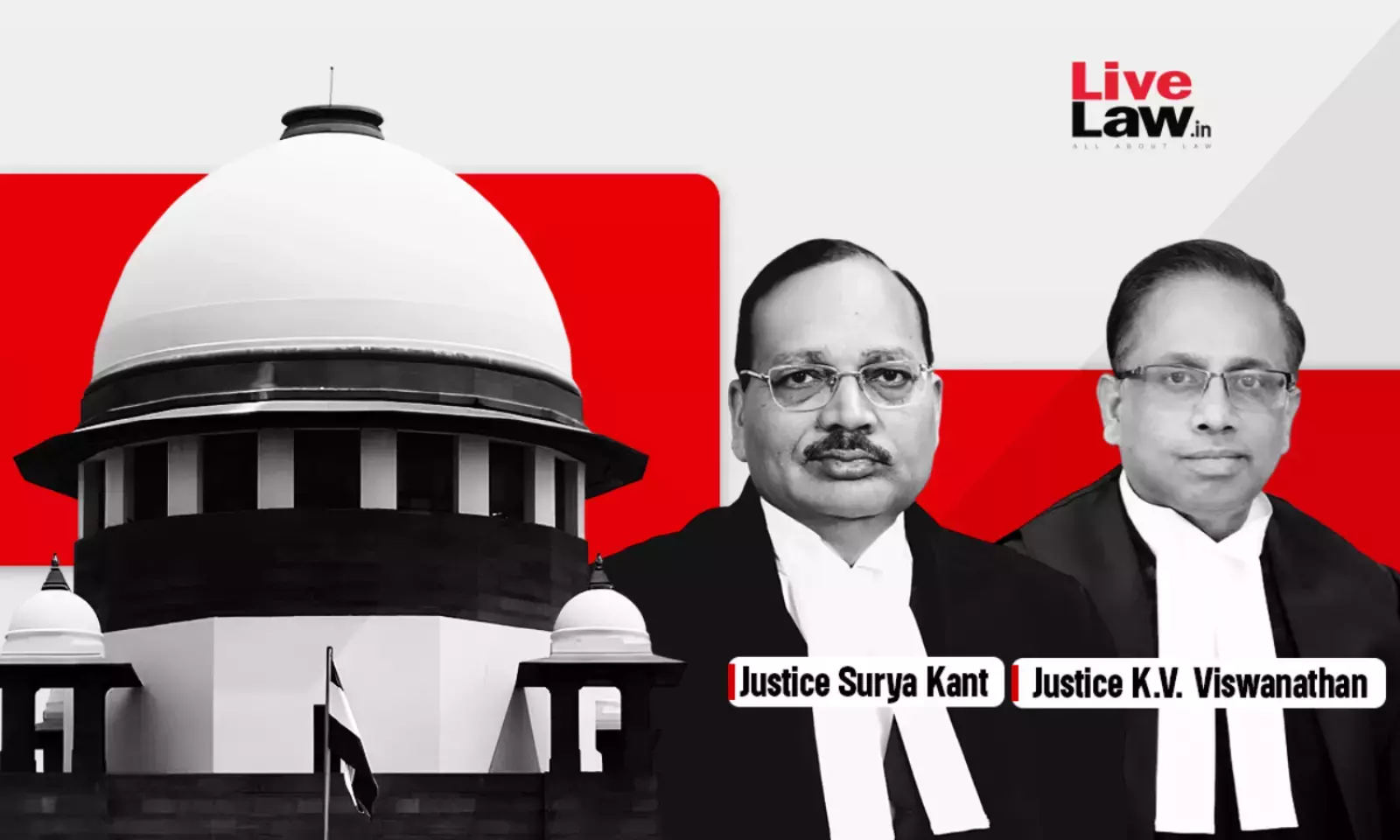In a significant development, the Supreme Court (on April 16) observed that it has yet to establish guidelines for conducting trials against accused with hearing and speech disabilities. In this regard, the Top Court has issued notice to Union of India through the Attorney General to examine this question of law and posted the matter on July 26. “However, it is brought to our notice...

